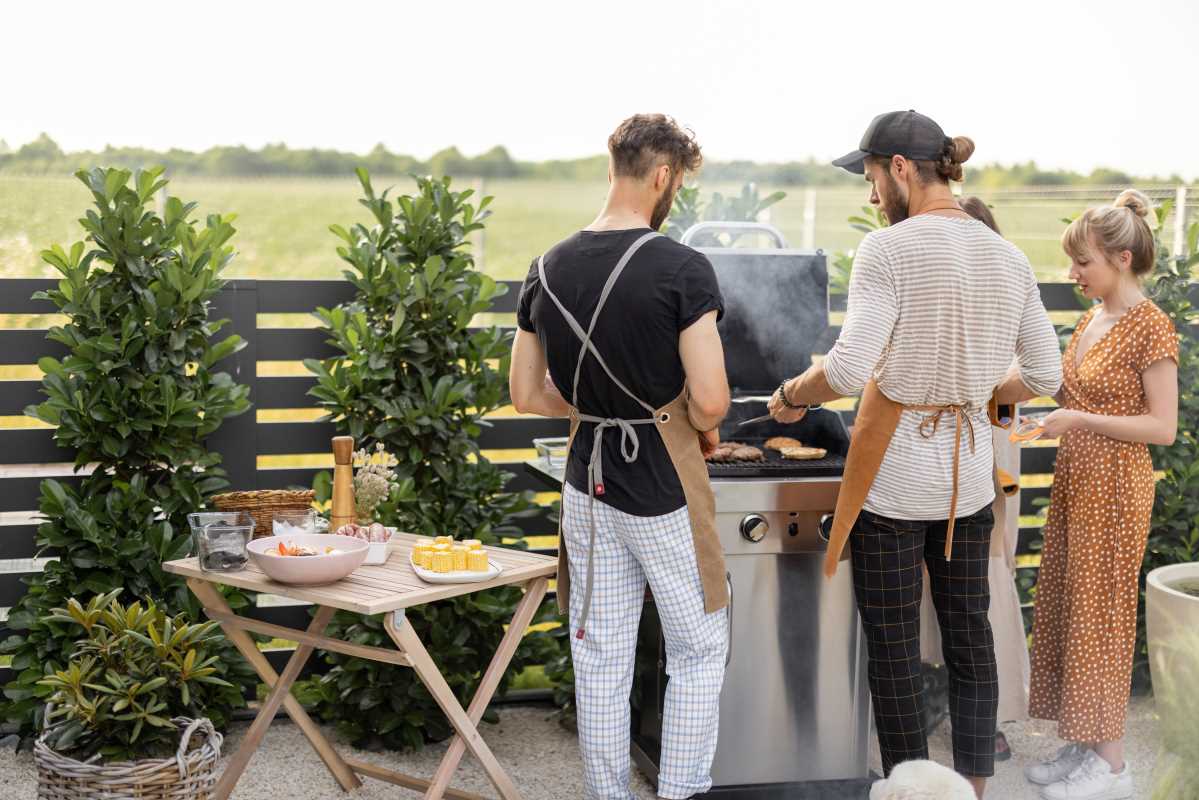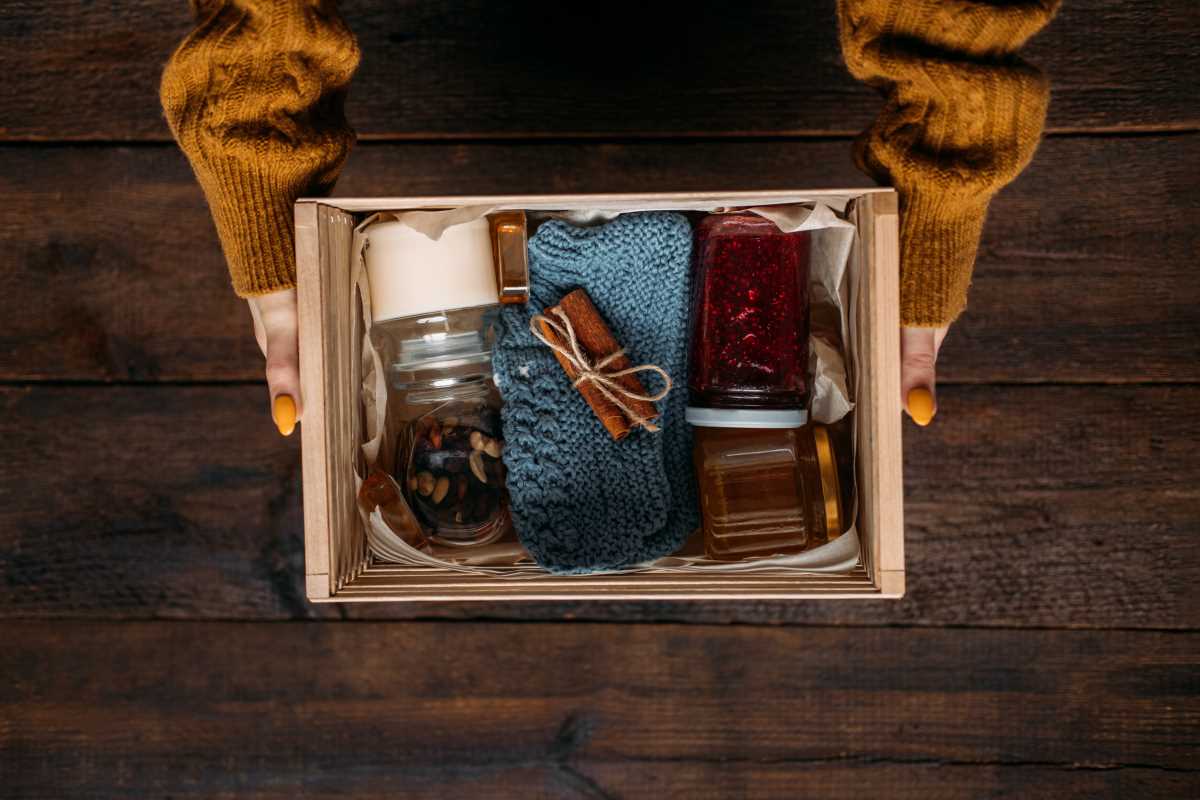Remember when making friends was as simple as sharing your crayons or playing on the same kickball team? As we get older, life gets a lot more complicated. Careers, families, and a never-ending to-do list can make maintaining friendships feel like another chore. But those connections are more important than ever.
Friendships are a huge part of our happiness and well-being. They're the people who celebrate our wins, support us through tough times, and just make life more fun. The problem is, adult friendships don't just happen; they require effort and intention. So, how do you keep those bonds strong when everyone is so busy?
Don't worry, it's not as hard as it sounds. We've put together some practical, totally doable strategies to help you nurture your friendships and build connections that last.
Be Intentional and Schedule It
The biggest enemy of adult friendship? The vague, non-committal, "We should totally hang out sometime!" We've all said it, and we all know it rarely leads to actual plans. In adulthood, if it’s not on the calendar, it’s probably not happening.
Treating your friendships with the same importance as a work meeting or a dentist appointment is a game-changer. It might sound a little unromantic, but scheduling time together is an act of love. It says, "You are a priority to me."
Here are a few ways to make it work:
- Set a standing date: This is the gold standard for a reason. A monthly brunch, a bi-weekly phone call, or a weekly walk can become a protected, recurring part of your routine. It takes the guesswork out of planning.
- Use a group chat for logistics: Create a group chat with a specific purpose: scheduling your next hangout. It keeps the planning focused and prevents it from getting lost in a sea of memes.
- Plan ahead: Don’t wait until Friday afternoon to try to make Saturday plans. Reach out a week or two in advance. This gives everyone time to arrange their schedules and makes it more likely to happen.
Redefine "Quality Time"
Does every get-together need to be a three-hour dinner? Absolutely not. The pressure to plan the "perfect" hangout can lead to no hangout at all. It's time to embrace different kinds of quality time.
Think about what works for your current life stage. Sometimes, the best way to connect is by folding your separate worlds together. This is about finding creative ways to share moments, even when time is short.
Consider these ideas:
- The quick check-in: A 15-minute phone call on your commute can be more meaningful than a dozen texts. It’s a small pocket of time dedicated just to them.
- Parallel activities: Run errands together, go to the gym, or have a "co-working" session where you both tackle your own tasks side-by-side. It combines productivity with connection.
- The "low-effort" hang: Not every hangout needs an agenda. Invite a friend over to just exist in the same space. You can watch a show, read books in the same room, or just chat while you fold laundry. It removes the pressure of being "on."
Embrace the Power of the Small Gesture
Grand gestures are nice, but the real foundation of a strong friendship is built on small, consistent acts of care. These little touchpoints remind your friends that you're thinking of them, even when you can't be together.
They don't take much time or effort, but they send a powerful message of connection. What small thing could you do today?
- Send a meaningful text: Go beyond "Hey, how are you?" Send a photo that reminded you of them, a link to an article you know they'd love, or a quick "Thinking of you!" It shows they are on your mind.
- Remember important dates: A quick "Good luck on your presentation!" or "Happy work anniversary!" shows you're paying attention to their life. Set calendar reminders if you need to!
- Celebrate their wins: Did your friend get a promotion, finish a personal project, or just survive a tough week? Acknowledge it. A simple "That's amazing, I'm so proud of you!" can mean the world.
Navigate Long-Distance Friendships
What happens when your best friend moves across the country? Long-distance friendships require even more intention, but they can be just as strong and fulfilling. It's all about adapting your methods of connection.
Technology is your best friend here, but it's important to use it in ways that foster genuine connection, not just passive observation on social media.
- Schedule video calls: Make a recurring date to catch up face-to-face. Seeing each other’s expressions makes a huge difference. You can even make it an activity—watch the same movie simultaneously or have a virtual coffee date.
- Go old school: In a world of instant messages, a handwritten card or a small care package can feel incredibly special. It’s a tangible piece of your affection that they can hold onto.
- Plan future visits: Having a trip on the calendar, even if it's months away, gives you both something to look forward to. It reinforces the commitment to the friendship and makes the distance feel more temporary.
Be Vulnerable and Show Up
Ultimately, the core of any deep friendship is vulnerability and mutual support. It’s about creating a safe space where you can both show up as your authentic selves, flaws and all.
This means being willing to share your own struggles, not just your highlight reel. It also means being a reliable source of support for your friends when they need it most.
- Ask the real questions: Move past the surface-level "How's work?" and ask things like, "What's been on your mind lately?" or "How are you really doing?"
- Listen to understand, not to respond: When a friend is sharing something difficult, your only job is to listen. Resist the urge to immediately offer solutions unless they ask for them. Sometimes, the most helpful thing you can do is simply say, "That sounds so hard. I'm here for you."
- Show up when it matters: Being there for the big life moments—the good and the bad—is crucial. But also, show up for the small moments. Offer to help them pack, bring them soup when they're sick, or just sit with them in silence when they're sad.
 (Image via
(Image via





